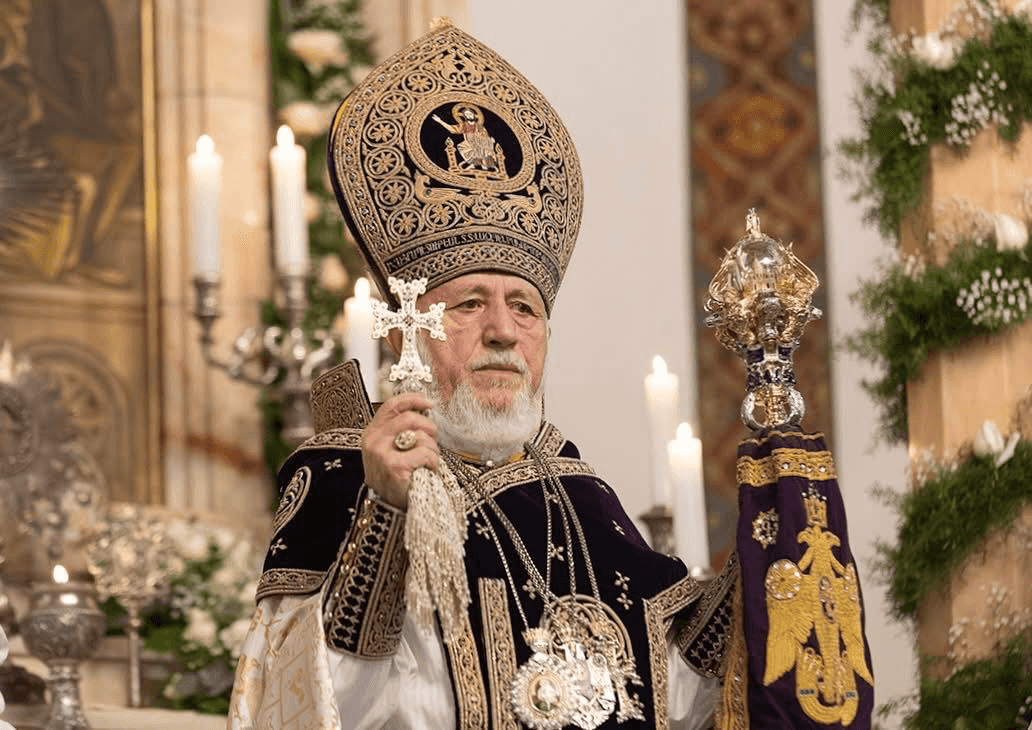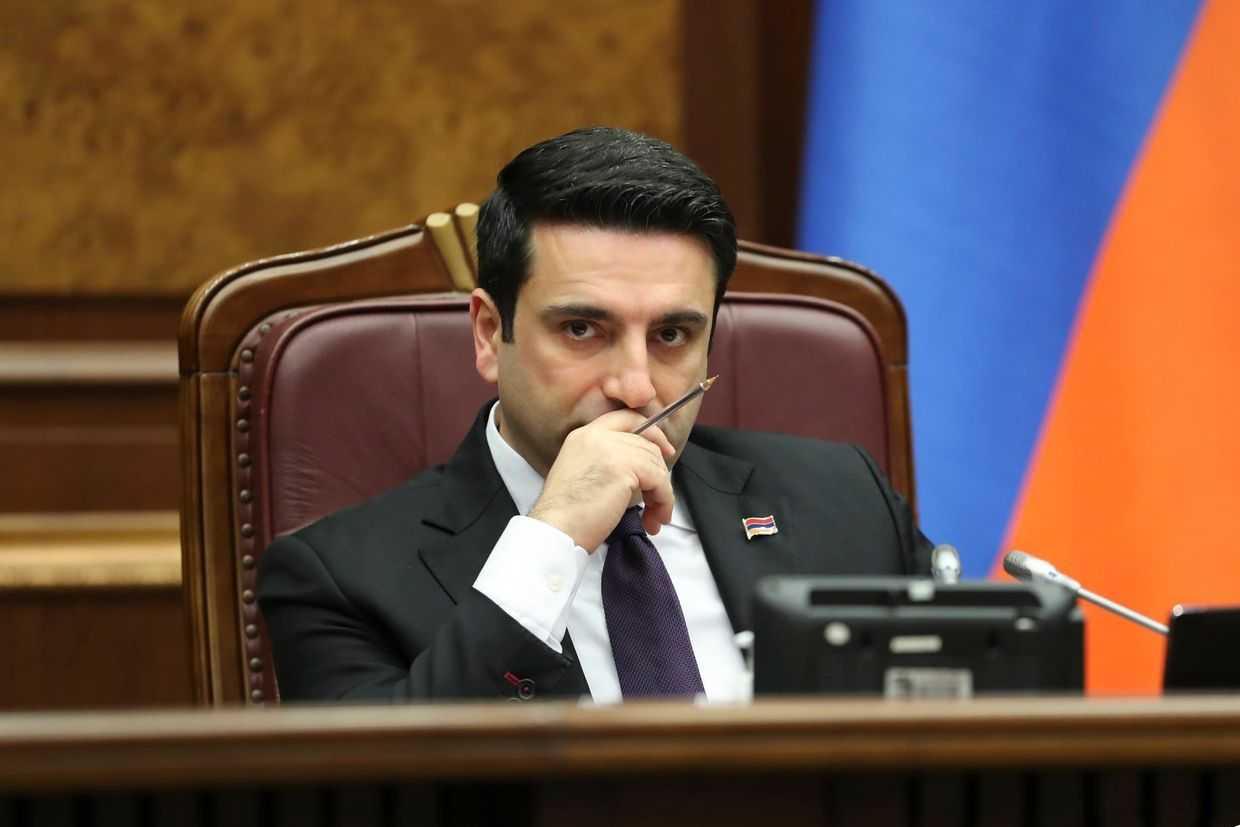
Azerbaijani President Ilham Aliyev has announced that Baku intends to begin to settle the deserted city of Stepanakert (Khankendi) in September.
His statement came during a visit to Khojali on Tuesday, where he met with Azerbaijani families displaced during the First Nagorno-Karabakh War who have now returned to the town.
During a meeting with local residents, Aliyev also said that the reconstruction of the Aghdam-Khankendi railway was being prepared. ‘From here, you will be able to go in any direction — from Khankendi, Khojali. And to Baku, and to the west, to Ganja… Now we are expanding the roads of Agdam, Askaran, and Khankendi’, he said.
He also said that Karabakh University, formerly Artsakh University, will reopen in Stepanakert in September.
The Azerbaijani authorities have not issued any further statements on their plans to settle Stepanakert, which was deserted after the population fled to Armenia following the region’s surrender to Azerbaijan in September 2023.
Reports have emerged on social media that students and teachers from Azerbaijani universities were already being told they would be transferred to Nagorno-Karabakh.
Araz Aliyev, a pro-democracy activist, said that several Baku State University teachers and graduate students would be ‘forcibly’ sent.
Karabakh University was officially registered in late November 2023.
Monument Watch, an Armenian academic platform focused on cultural heritage in Nagorno-Karabakh, called the appropriation of the university building ‘another stage of the programmatic policy of the elimination of the Armenian trace of Azerbaijan’.
On Wednesday, the Ministry of Science and Education issued a statement saying that the university had already elected deans for its faculties.
Bahruz Samadov, a political analyst and researcher at Charles University in Prague, said that Azerbaijan’s implementation of projects was a show of ‘nationalist developmentalism’ meant to overshadow its former Armenian administration.
‘There is no inclusivity in such historiographical practice: the Armenian history of Karabakh, at least during coexistence, is usually not remembered’, he said. ‘The opening of the university does not pursue any inclusivity, its only goal is to prove that Karabakh is under Azerbaijan’s control’, he told OC Media.
A renewed push for resettlements
Aliyev’s announcement came as part of the government’s efforts to resettle territories that came under its control following the Second Nagorno-Karabakh War of 2020 and the surrender of Nagorno-Karabakh last year.
This year, the Ministry of Finance allocated ₼7.8 billion ($4.6 billion) to reconstruction and restoration projects in Nagorno-Karabakh, later amending it to ₼9.9 billion ($5.8 billion) on Aliyev’s directive.
Azerbaijan’s budget does not specify how much money the state is spending on settling Nagorno-Karabakh.
Azerbaijan announced on Thursday that around 105 families, or 406 people had been settled in Shusha (Shushi), while 1,727 families were settled in other areas of Nagorno-Karabakh.
Aliyev decreed in November 2022 that over 34,000 families — around 140,000 IDPs would be resettled to Nagorno-Karabakh and its surrounding areas by 2026 as part of the ‘Great Return’ programme.
On Thursday, Tigran Grigoryan, a political analyst and head of the Regional Center for Democracy and Security in Yerevan, told CivilNet that ‘everyone has forgotten that an Armenian population existed’ in Nagorno-Karabakh.
He said that visits by foreign diplomats, including Western diplomats, to Nagorno-Karabakh, and reports of Russia seeking to open a consulate in the region, proved that Azerbaijan had ‘completely succeeded in neutralising that possible international reaction’.
He argued that Yerevan was also to blame for not commenting on Azerbaijan’s erasure of villages and traces of Christian Armenian heritage in Nagorno-Karabakh.
‘It is clear that the international actors do not feel restrained in any way not to take those steps and not fulfil Aliyev’s demands’, he said.
Asked how Azerbaijan’s settlement programmes could affect peacebuilding with Armenia, Samadov said that Baku was disinterested in coexistence with the Armenians of Nagorno-Karabakh.
‘This cannot be combined with anti-Armenian nationalism, from which the Azerbaijani authorities derive their legitimacy’, he said.
For ease of reading, we choose not to use qualifiers such as ‘de facto’, ‘unrecognised’, or ‘partially recognised’ when discussing institutions or political positions within Abkhazia, Nagorno-Karabakh, and South Ossetia. This does not imply a position on their status.









